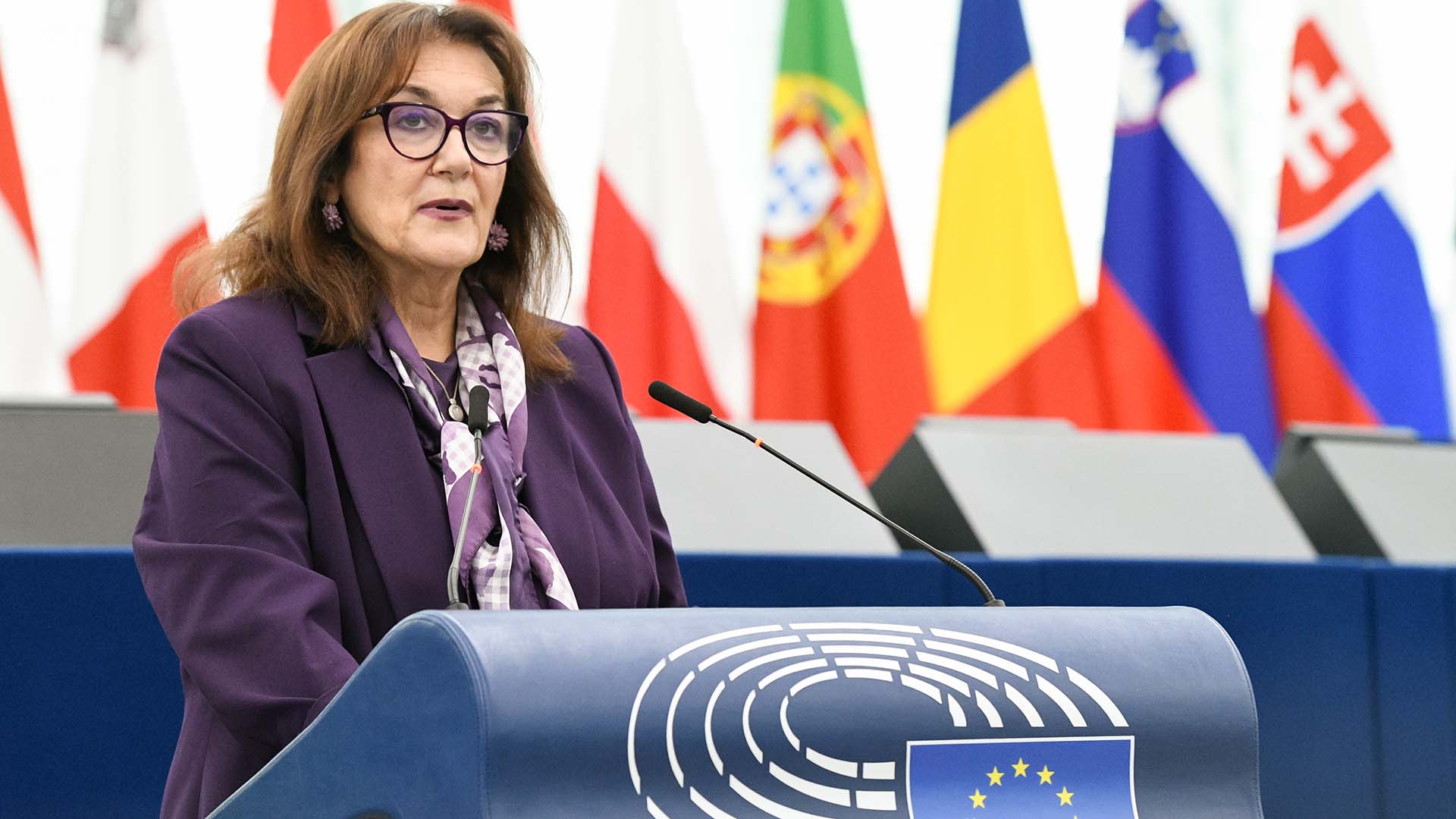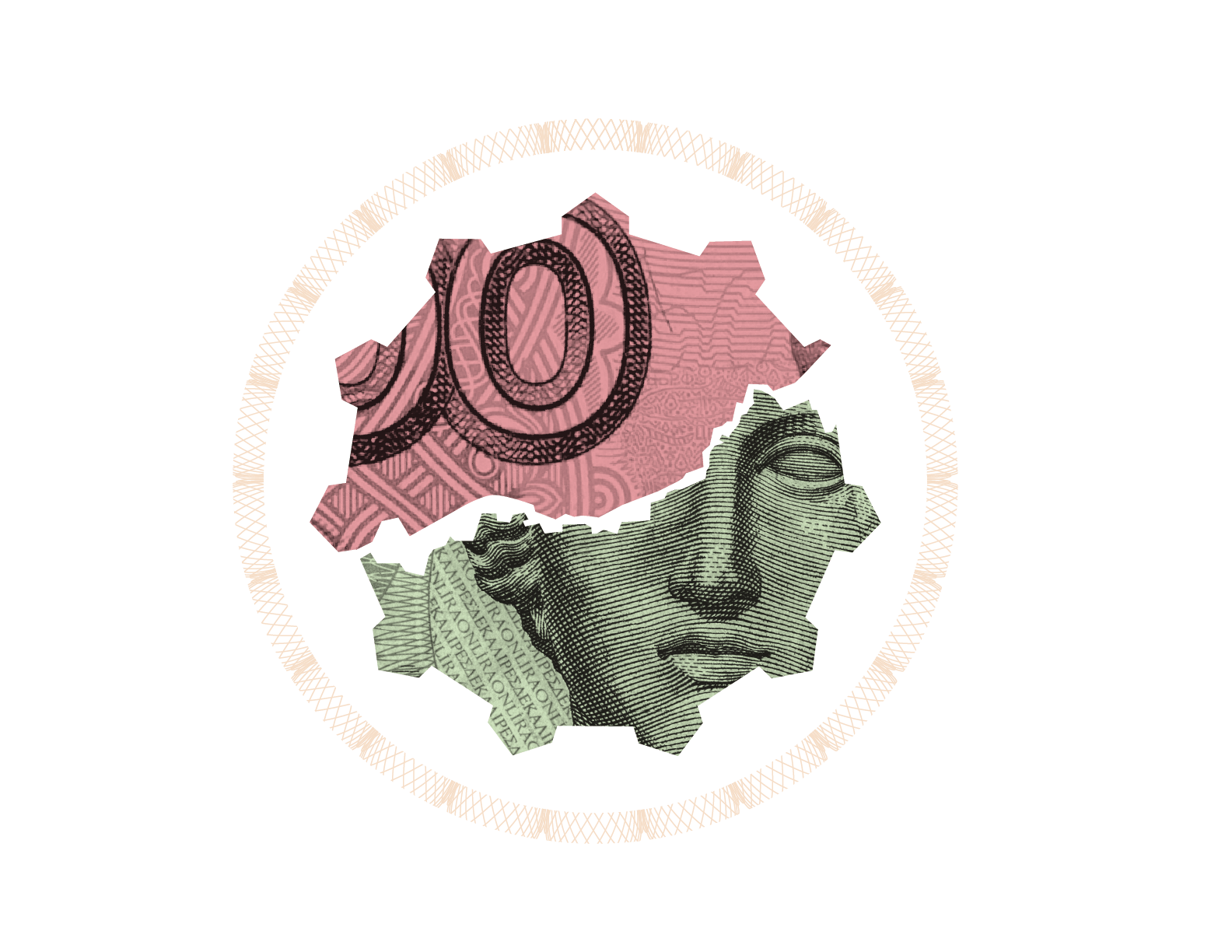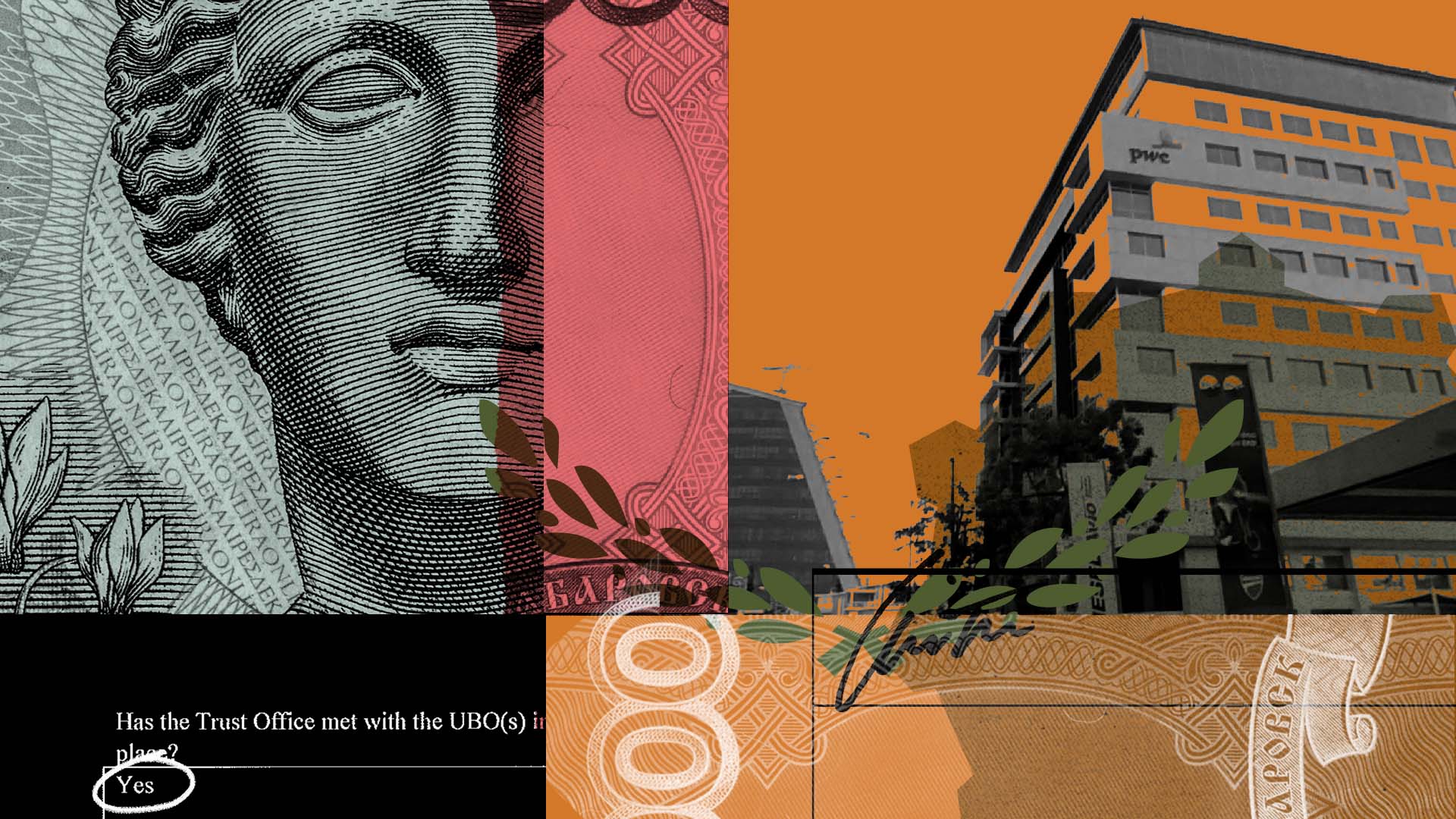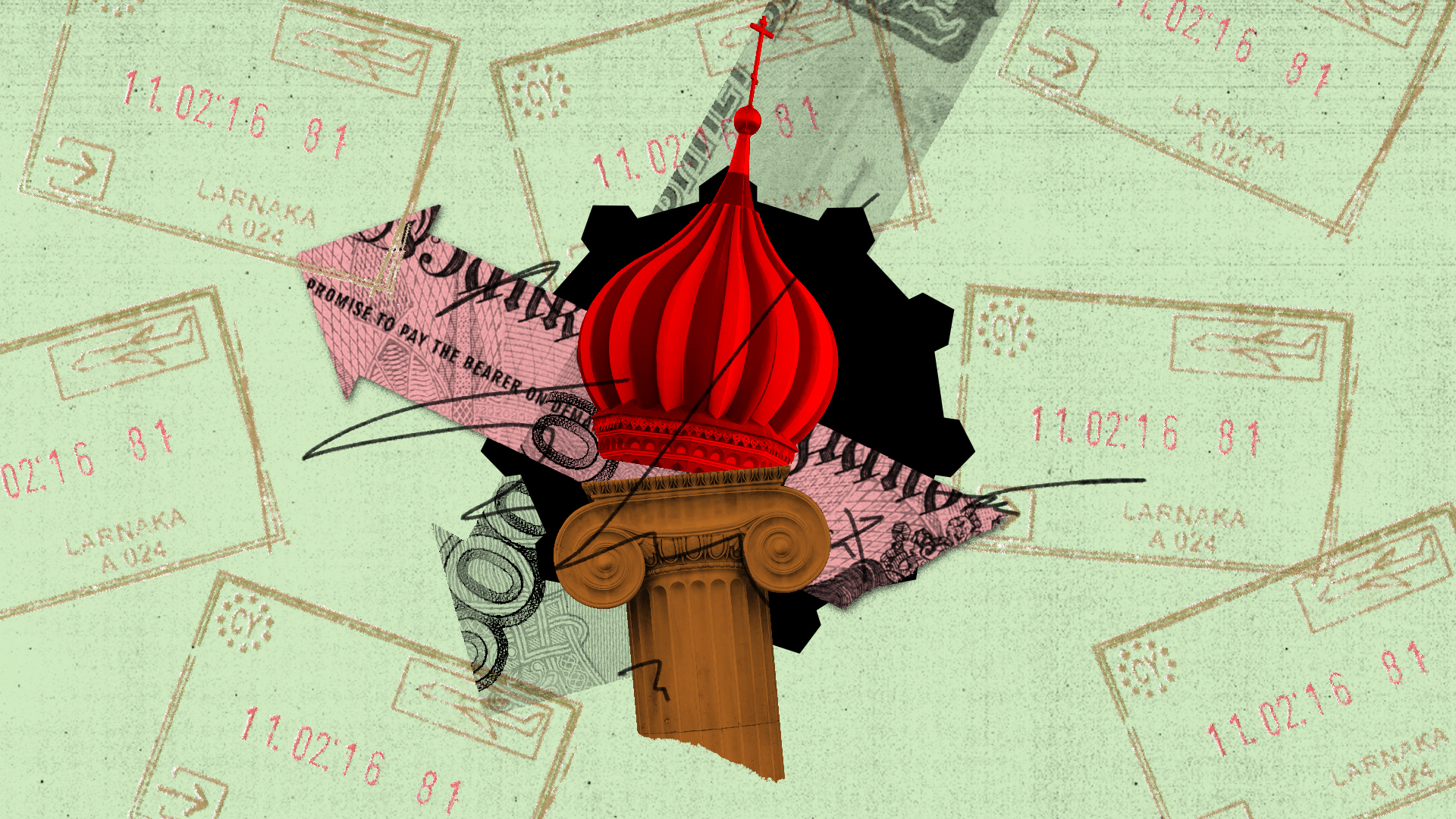IMPACT
Lawmakers call for EU crackdown after ICIJ’s Cyprus Confidential revelations
During a debate called in response to ICIJ’s latest investigation, one parliamentarian said it showed how the entire European bloc was turning into a “gangster’s paradise.”

European Union lawmakers have criticized Cyprus for its lax enforcement of sanctions against Russia and called for loopholes in anti-money laundering systems to be closed in the wake of revelations from the Cyprus Confidential investigation.
During a European Parliament session in the French city of Strasbourg, the officials also debated over the need to speed up ongoing negotiations to better coordinate criminal penalties for sanction evasion across the bloc.
The parliamentary session was called in direct response to the latest investigation by the International Consortium of Investigative Journalists, in partnership with Paper Trail Media and 67 media outlets. The project, Cyprus Confidential, exposed the island nation’s role as a conveyor belt for Russian wealth to the West.
Sophie In ‘t Veld, the Parliament’s rapporteur for the Directive on the definition of criminal offences and penalties for the violation of Union restrictive measures, said that any member state that allows oligarchs violate sanctions should be held accountable.
“When it’s about corruption and financial wrongdoings, the national authorities very often are the culprits. They’re complicit,” she said. “The European Union is turning into a gangster’s paradise, because there is complete impunity.”
The Cyprus Confidential investigation is based on more than 3.6 million leaked documents from six Cyprus-based providers and a website company. The investigation exposed how the island’s financial services firms have enabled the Russian elite — including President Vladimir Putin’s inner circle — to shelter their wealth and then, as Russia attacked Ukraine in 2014 and again in 2022, shield billions of dollars in assets from the threat of impending sanctions.
Dubravka Šuica, the EU Commission’s vice-president in charge of democracy and demography, said the commission takes any “allegation of breaches of European sanctions very seriously.”
“A year and a half after the beginning of Russia’s war of aggression against Ukraine, it is essential for us to stay vigilant about any violation or circumvention attempts that could weaken the intended impact of our sanctions,” Šuica said.
She added that EU officials are monitoring Cypriot authorities’ response to the Cyprus Confidential revelations.
Shortly after Cyprus Confidential was published last week, the country’s president, Nikos Christodoulides, pledged that his government would probe the investigation’s findings with help from a team of financial crime experts from an unnamed “third country.”
“Our aim is exactly so that there are neither insinuations or any shadows cast over our country’s name,” Christodoulides told the Associated Press in an interview. He added that the government has already put in place efforts to clean up the country’s financial sector because any adverse publicity “negatively affects our ability to attract private investment.”
Cyprus is currently in the process of creating an independent body that will crack down on financial crimes or sanctions evasion, and a draft law has been readied for parliamentary debate and approval, the AP reported.
Cypriot media reported some initial resistance to the president’s plan. According to information obtained by online daily Phileleftheros, there is currently “disagreement” regarding the creation of the independent body. “The Cyprus Bar Association does not wish to subject its members to an independent supervisory body,” the daily reported.
Representatives for the Cyprus Bar Association did not respond to ICIJ’s request for comment on the media reports.
Anti-corruption advocates at Transparency International have urged Cypriot authorities to take decisive measures to weed out bad practices in the country’s financial services sector.
As of 2020, an estimated more than $200 billion in Russian investment allowed Kremlin-connected oligarchs to wield significant influence in Cyprus’ political and financial affairs, according to a study by Sofia-based Center for the Study of Democracy.
“Decisive action against enablers in the non-financial sector is long overdue in Cyprus and beyond,” Maíra Martini, the advocacy group’s interim head of policy, said in a statement. “These enablers cater to the super-wealthy from around the world, with no questions asked.”
ICIJ found that the six Cyprus professional services firms in the leaked records were working on behalf of 25 Russians who came under Western or Ukrainian sanctions after Russia’s 2014 annexation of Crimea and war in Donbas, as well as an additional 71 Russian clients who have come under sanctions since February 2022.
Among them is Roman Abramovich, a billionaire oligarch and former owner of Chelsea Football Club. The leaked files examined by ICIJ partners at The Guardian revealed a decade-long pattern of payments worth tens of millions of British pounds, routed through offshore vehicles belonging to Abramovich and apparently omitted from Chelsea’s financial accounts.
Following the revelations, the Premier League and the Football Association opened separate investigations into the reporters’ findings. Four leading sports lawyers told The Guardian that the payments may have broken U.K. league rules on financial fair play aimed at preventing reckless spending that might put a club’s future at risk.
The Premier League must now decide whether it has sufficient evidence to charge Chelsea with breaking the rules, The Guardian reported. A Chelsea spokesperson told the British daily that the allegations “pre-date the club’s current ownership. They are based on documents which the club has not been shown and do not relate to any individual who is presently at the club.”
Authorities in Sweden are also taking action on Cyprus Confidential findings by ICIJ media partners, SVT. Last week, a Stockholm court froze the Cypriot and Swedish assets of Bengt Ågerup, the billionaire inventor of anti-age treatment Restylane, after SVT reported that he had moved “large sums of money” to Cyprus while allegedly owing about $150 million in back taxes. Ågerup denied wrongdoing in an emailed response to SVT.
‘Golden passports’ for dozens of Indians
The Cyprus Confidential investigation also revived scrutiny on Cyprus’ controversial ー and now defunct ー investment-for-passports program after ICIJ partners at The Indian Express reported that 66 Indian nationals had acquired Cypriot citizenship between 2017 and 2018.
Among the Indian investors, the reporters found family members of a wealthy industrialist, a businessman investigated for fraud by Indian authorities, and a couple who opened an oil-refining logistics company in Cyprus and closed it shortly after obtaining citizenship.
In response to the Indian Express’ exposé, former Indian government secretary E. A. S. Sarma published a statement calling for an investigation and prosecution of Indian nationals who had allegedly violated an article of the constitution which prohibits Indian citizens from holding dual citizenship.
Sarma wrote that many of the investments made by a number of the Indian Cypriot-passport holders uncovered by The Indian Express, “apparently involved illicit wealth accumulated from their businesses in India, taking advantage of the existing regulatory loopholes and inadequate regulatory oversight.”
Cyprus abruptly ended its lucrative investment-for-passports program in 2020, after an Al Jazeera investigation found that dozens of foreign investors who applied for the so-called “golden passports” were allegedly under criminal investigation, international sanctions or serving prison sentences. A subsequent investigation by an independent commission in Cyprus found that over half of the 6,779 passports issued over the course of 13 years may have been granted unlawfully.
The Cypriot government reportedly acknowledged “errors, loopholes and oversights” in how the program was run.
About the Cyprus Confidential files
The 3.6 million leaked files at the heart of the Cyprus Confidential investigation come from six financial services providers and a website company.



